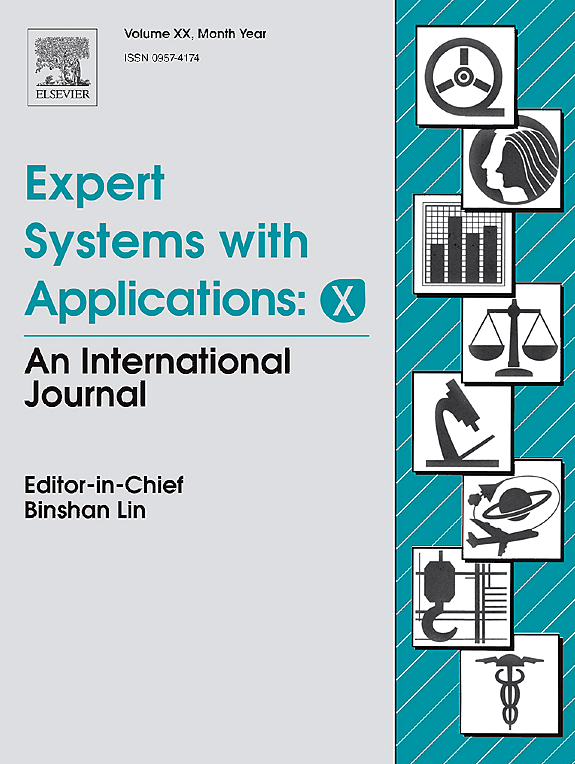Editorial Board
An efficient henry gas solubility optimization for feature selection
A co-evolutionary genetic algorithm for the two-machine flow shop group scheduling problem with job-related blocking and transportation times
Privacy-preserving human action recognition as a remote cloud service using RGB-D sensors and deep CNN
A modified particle swarm optimization using adaptive strategy
An improved quantum particle swarm optimization algorithm for environmental economic dispatch
A weighted information-gain measure for ordinal classification trees
Interpreting RFID tracking data for simultaneously moving objects: An offline sampling-based approach
Structural optimization of fuzzy rule-based models: Towards efficient complexity management
Adaptive sampling using self-paced learning for imbalanced cancer data pre-diagnosis
Bioacoustic signal classification in continuous recordings: Syllable-segmentation vs sliding-window
A novel weighted TPR-TNR measure to assess performance of the classifiers
An aggregative learning gravitational search algorithm with self-adaptive gravitational constants
A new preference disaggregation TOPSIS approach applied to sort corporate bonds based on financial statements and expert's assessment
Enhancing random projection with independent and cumulative additive noise for privacy-preserving data stream mining
A novel approach to define the local region of dynamic selection techniques in imbalanced credit scoring problems
Deep submodular network: An application to multi-document summarization
Healthcare informatics and analytics in big data
Marine Predators Algorithm: A nature-inspired metaheuristic
FluidsNet: End-to-end learning for Lagrangian fluid simulation
PQ-RRT*: An improved path planning algorithm for mobile robots
Extracting actionable knowledge from social networks with node attributes
Assessing a swarm-GAP based solution for the task allocation problem in dynamic scenarios
A comparative evaluation of aggregation methods for machine learning over vertically partitioned data
Word2vec-based latent semantic analysis (W2V-LSA) for topic modeling: A study on blockchain technology trend analysis


